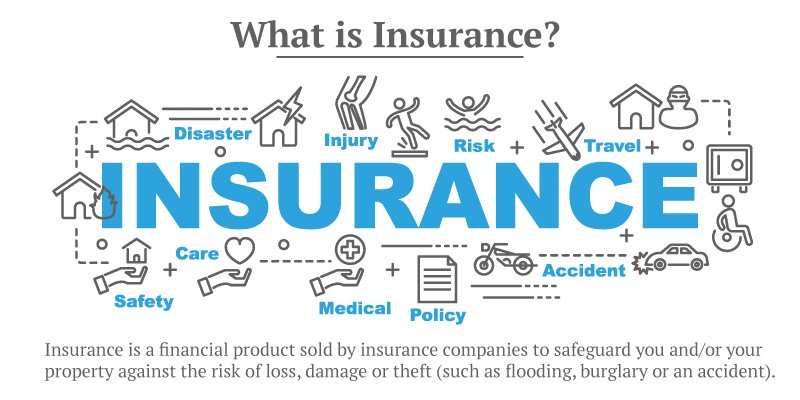Insurance Fraud is when a person or people provide false information to an insurance company to gain something of value that he or she would not have received if the truth had been told‚ they’ve committed insurance fraud.
According to the law, the crime of insurance fraud can be prosecuted when:
- The suspect had the intent to defraud. Insurance fraud is a "specific" intent crime. This means a prosecutor must prove that the person involved knowingly committed an act to defraud.
- An act is completed. Simply making a misrepresentation (written or oral) to an insurer with knowledge that is untrue is sufficient.
- The act and intent must come together. One without the other is not a crime.
- Actual monetary loss is not necessary as long as the suspect has committed an act and had the intent to commit the crime.
Types of Insurance Fraud -
1 - Automotive Insurance Fraud
This type of fraud entails someone attempting to deceive an insurance company about a claim involving their personal or commercial motor vehicle. It can involve giving out misleading information or providing false documentation to support the claim.
The majority of automotive insurance fraud involves:
- Staged auto accidents and false claims of injury
- False reports of stolen vehicles
- False claims that an accident happened after a policy or coverage was purchased
- False claims for damage that already existed
- Claimants who concealed that a person excluded from coverage by their policy was driving at the time of the accident
2 - Health Insurance Fraud
In this type of fraud‚false or misleading information is provided to a health insurance company in an attempt to have them pay unauthorized benefits to the policy holder‚ another party‚ or the entity providing services. The offense can be committed by the insured individual or the provider of health services.
An individual subscriber can commit health insurance fraud by:
- allowing someone else to use his or her identity and insurance information to obtain health care services.
- using benefits to pay for prescriptions that were not prescribed by his or her doctor.
Health care providers can commit fraudulent acts by:
- Billing for services‚ procedures and/or supplies that were never rendered
- Charging for more expensive services than those actually provided
- Performing unnecessary services for the purpose of financial gain
- Misrepresenting non–covered treatments as a medical necessity
- Falsifying a patient’s diagnosis to justify tests‚ surgeries‚ or other procedures
- Billing each step of a single procedure as if it were a separate procedure
- Charging a patient more than the co-pay agreed to under the insurer’s terms
3 - Homeowners Insurance Fraud
This type of fraud takes place when someone knowingly submits an inflated claim on their homeowners or renters policy for more than the actual value of the loss or damage. Submitting a false or misleading claim to receive undeserved compensation is also considered homeowners fraud.
The most common types of homeowners insurance fraudinvolve:
- overstating the value of stolen items in a burglary of a home or vehicle
- lying about the extent‚ cause‚ date or location the of damage
- intentionally damaging property to make a claim
- asking a repairman to “cover the deductible” by increasing their estimate or bill
- fabricating supporting evidence‚ such as repair bills or receipts‚ often in collusion with a crooked contractor‚ plumber‚ repairman or insurance adjuster
- concealing that a residence is used as a rental or in a commercial business
4 - Workers’ Compensation Insurance Fraud
As with other forms of insurance fraud, workers’ compensation insurance can be compromised by either employers or its employees if false or misleading information is provided to insurance companies.
The most common ways an individual commits insurance fraud is if he or she:
- fakes an injury at work to get paid time off
- exaggerates the severity of a legitimate injury to get additional time off work with benefits
- claims an injury occurred on the job when it actually took place elsewhere
- takes a new job and lies to the insurance company about being unable to return to work at the previous place of employment‚ or lies by concealing his/her income from another job
An employer can commit insurance fraud if he or she:
- understates the amount of company payroll to reduce premium payments
- claims employees are independent contractors
- lies about the type of work employees do in order to qualify for and pay lower premiums
How can Aerosofts helpyou in Insurance Fraud?
Our private investigators can help you gather the evidence you need for court. Our private investigators are qualified, experienced, and highly dedicated to you and your company. We are readily available to assist you in putting this unfortunate situation behind you.





